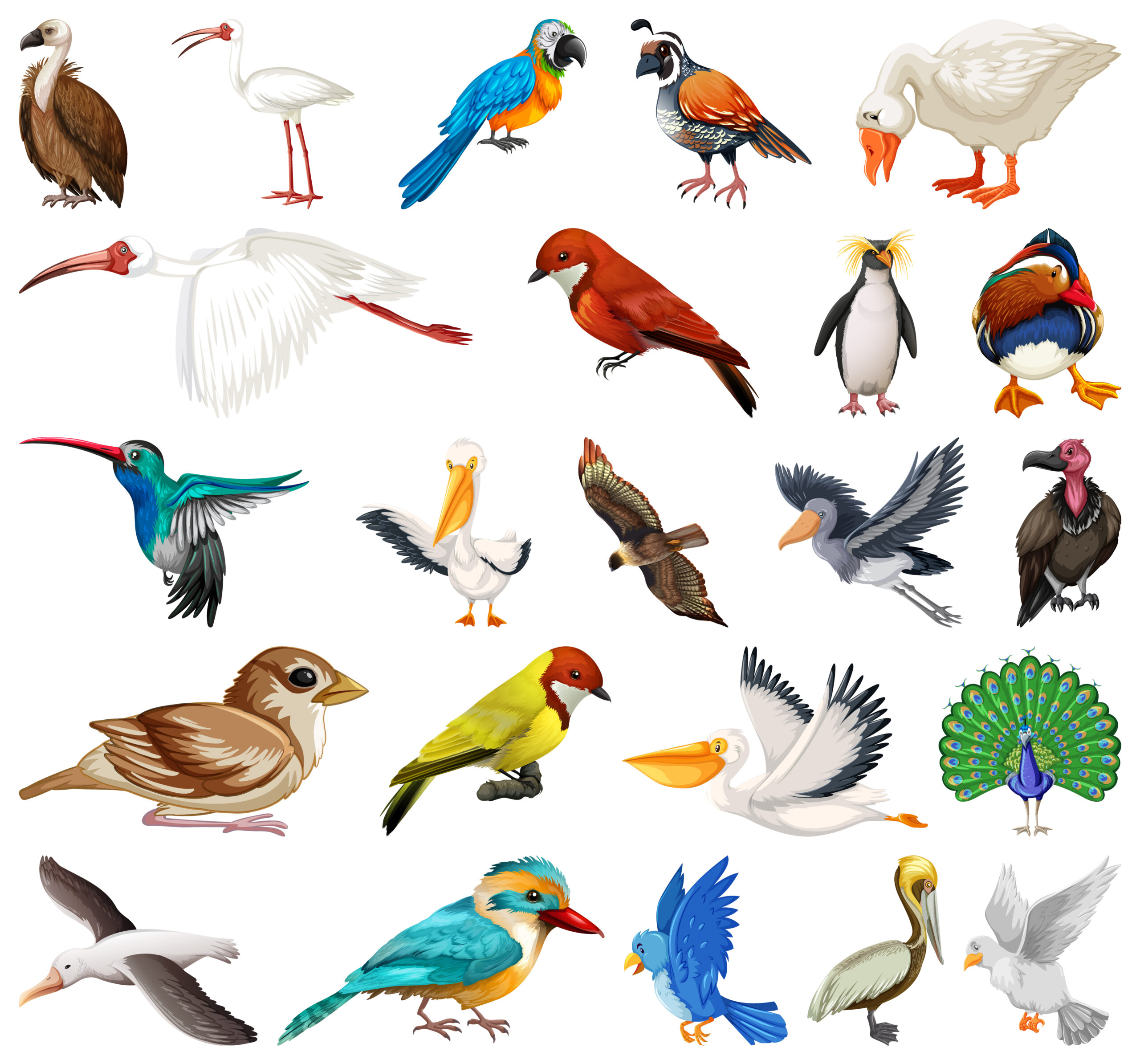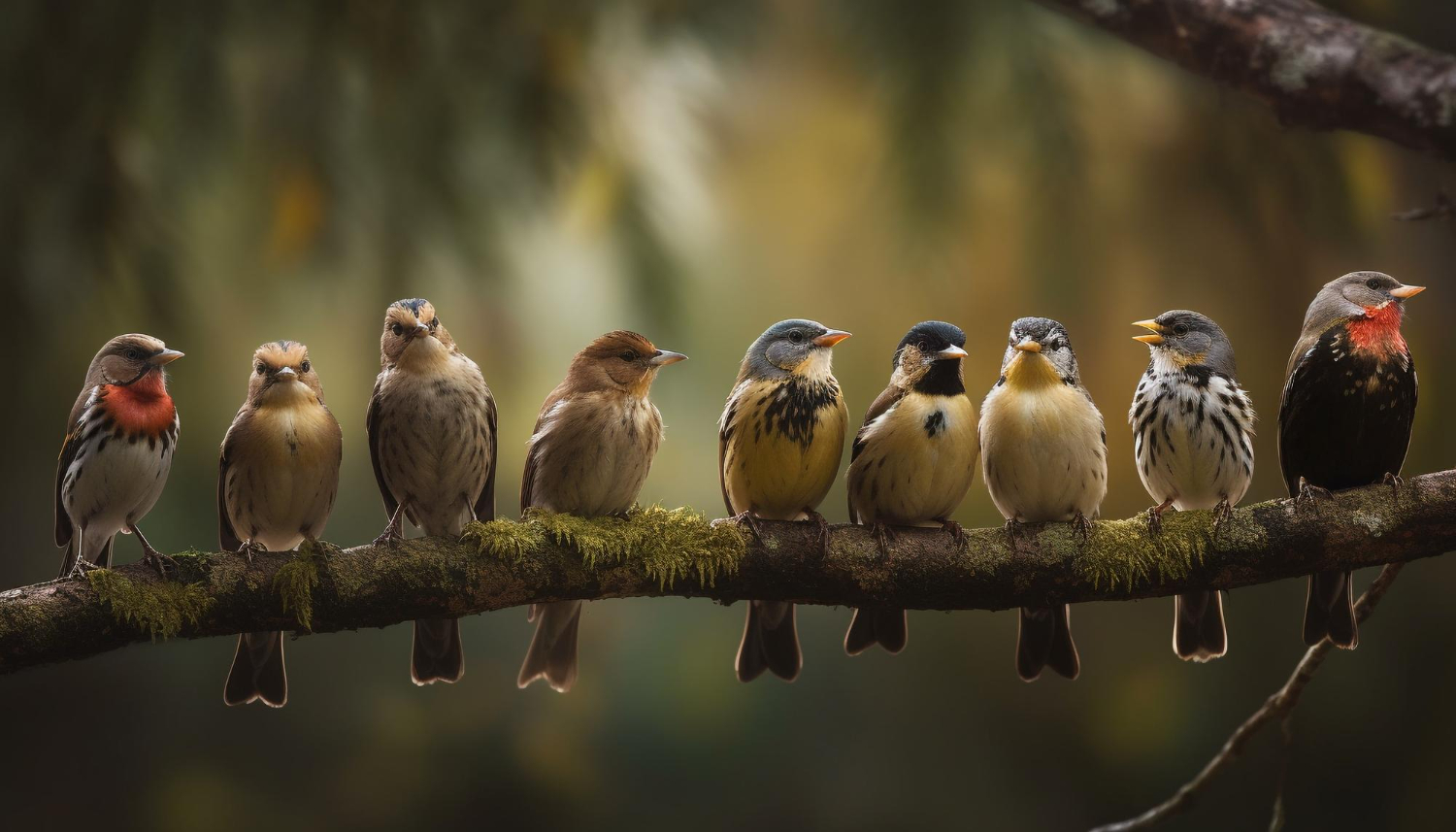When you think about birds, you might picture colorful parrots, singing robins, or majestic eagles. But have you ever thought about black vultures? These often misunderstood creatures are an essential part of nature’s clean-up crew. They play a crucial role in the ecosystem, keeping our environment cleaner and healthier. Let’s take a closer look at these fascinating birds and learn some surprising facts about black vultures.
What Are Black Vultures?
Black vultures are large birds of prey that belong to the New World vulture family. Found primarily in the southeastern United States, Central America, and South America, these birds are easily recognized by their dark plumage, short tails, and bald black heads. Unlike some of their more famous relatives, such as the turkey vulture, black vultures are slightly smaller but just as important to the ecosystem.
One of the unique features of black vultures is their bald heads. This might look odd at first, but it’s an evolutionary advantage. The lack of feathers keeps their heads clean when they feed on carrion, or dead animals. Black vultures have a wingspan of about 4.5 to 5 feet, making them impressive birds to spot soaring in the sky.
Why Are Black Vultures Important?
You might not think much of black vultures when you see them circling overhead, but they are incredibly important for the environment. These birds are nature’s garbage collectors. Black vultures feed on dead animals, preventing the spread of diseases that could arise from decaying carcasses. In this way, they help maintain a healthy balance in nature.
Without black vultures and other scavengers, our world would be a lot messier and less healthy. Their diet helps recycle nutrients back into the ecosystem, supporting other plants and animals. This makes black vultures a vital part of the natural world, even if they don’t always get the credit they deserve.
How Do Black Vultures Find Food?
Black vultures have a unique way of finding food. Unlike turkey vultures, which rely heavily on their sense of smell, black vultures use their sharp eyesight to spot carcasses. They often watch for other scavengers, like turkey vultures, and follow them to food sources. Once they arrive, black vultures can be quite aggressive, sometimes driving other birds away to claim the meal for themselves.
Interestingly, black vultures are also known to eat other types of food when necessary. While carrion makes up the majority of their diet, they’ve been observed eating fruits, garbage, and even small animals. This adaptability helps black vultures survive in various environments.
Social Behavior of Black Vultures
Black vultures are highly social birds. They are often seen in groups, both while roosting and when feeding. These birds have strong family bonds and are known to care for their young for an extended period compared to many other bird species.
Another fascinating aspect of black vulture’ social behavior is their communication. They don’t have a syrinx, the vocal organ found in most birds, so they can’t sing or chirp like other birds. Instead, they communicate through grunts and hisses. While it might not sound as pretty as a robin’s song, it’s effective for their needs.
Black Vultures’ Role in Mythology and Culture
Throughout history, vultures, including black vulture, have often been misunderstood or feared. In some cultures, they are seen as symbols of death or bad omens because of their association with dead animals. However, in other cultures, they are respected for their role in cleaning the environment and maintaining balance in nature.
For example, in ancient Egyptian culture, vultures were seen as symbols of protection and motherhood. While black vulture may not have the same cultural significance as their Old World relatives, they are still an essential part of the natural world.
Threats to Black Vultures
Despite their important role in the ecosystem, black vulture face several threats. Habitat loss due to deforestation and urban development is one of the biggest challenges for these birds. As their natural habitats shrink, black vulture are forced to adapt to living closer to humans, which can lead to conflicts.
Another threat to black vulture is poisoning. Sometimes, people intentionally or unintentionally poison carcasses to target predators, but this can harm scavengers like black vulture as well. Additionally, black vulture are sometimes mistaken for pests and targeted by farmers, although their impact on livestock is generally minimal.
What Can We Learn From Black Vultures?
Black vulture teach us an important lesson about the interconnectedness of nature. Every creature, no matter how unglamorous it might seem, has a role to play in maintaining the balance of the ecosystem. By understanding and appreciating black vulture, we can better appreciate the complexity and beauty of the natural world.
If you ever spot a group of black vulture soaring in the sky, take a moment to appreciate their grace and the vital role they play. These birds may not win any beauty contests, but their contributions to the environment are invaluable.
Fun Facts About Black Vultures
- Black vulture are excellent flyers and can soar for hours without flapping their wings.
- They are known for their intelligence and problem-solving abilities, often working together to find food.
- Unlike many birds, black vulture do not build traditional nests. Instead, they lay their eggs on the ground, in caves, or in hollow trees.
- Black vulture have a unique defense mechanism: they can regurgitate their stomach contents to scare off predators or lighten their load for a quick escape.
- They are long-lived birds, with some individuals living up to 25 years in the wild.
How Can We Help Black Vultures?
If you’re interested in helping black vulture and other scavengers, there are a few simple steps you can take. First, support conservation efforts that protect natural habitats. Preserving forests and open spaces gives black vulture the space they need to thrive.
Second, be mindful of how you dispose of waste. Improperly discarded garbage can attract black vulture to areas where they might come into conflict with humans. By keeping our environment clean, we can help these birds do their job more effectively.
Finally, spread awareness about the importance of black vulture. The more people understand their role in the ecosystem, the less likely they are to fear or harm these vital birds. Education is a powerful tool for conservation.
Conclusion
Black vultures might not be the most glamorous birds, but they are undoubtedly among the most important. As nature’s clean-up crew, they help keep our environment clean and healthy, all while playing a vital role in the ecosystem. By learning more about black vultures and sharing what we know, we can help ensure that these fascinating birds continue to thrive for generations to come.



